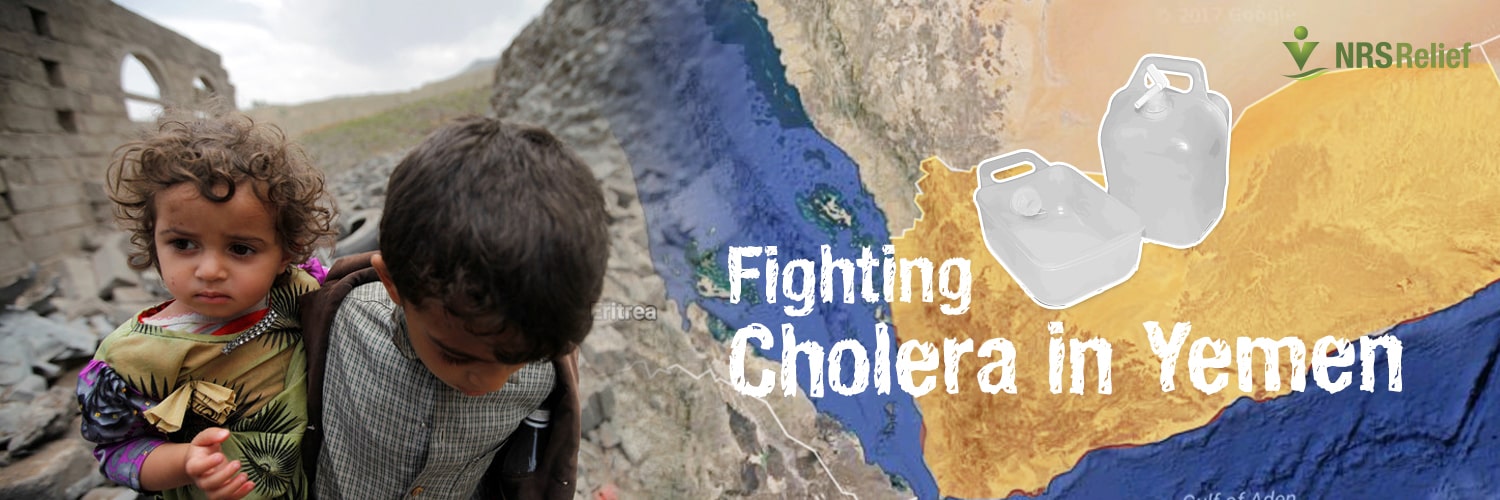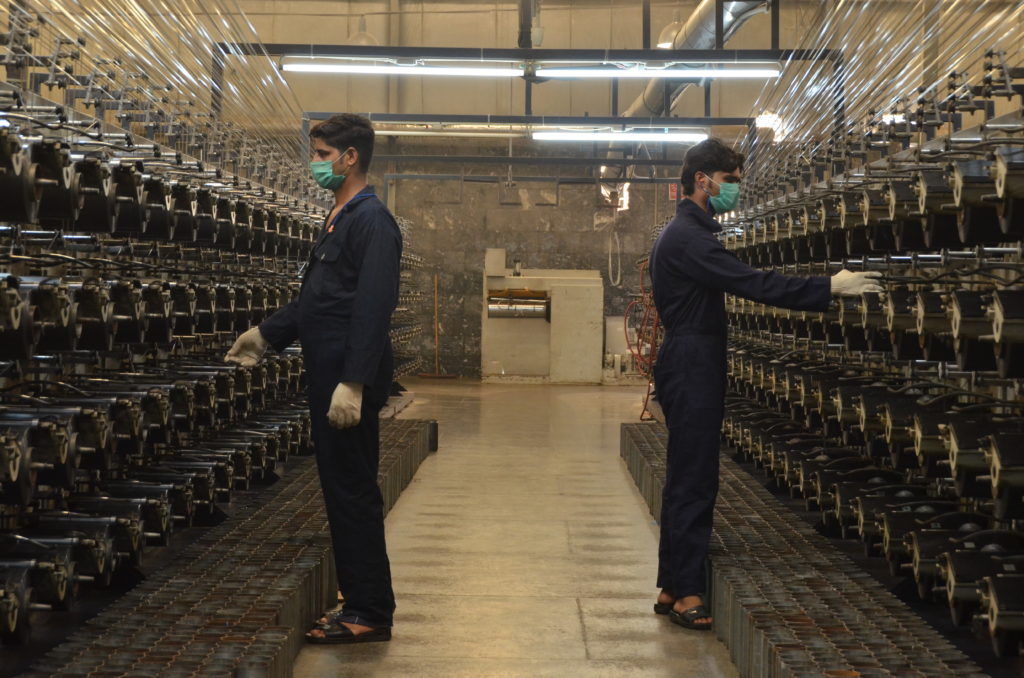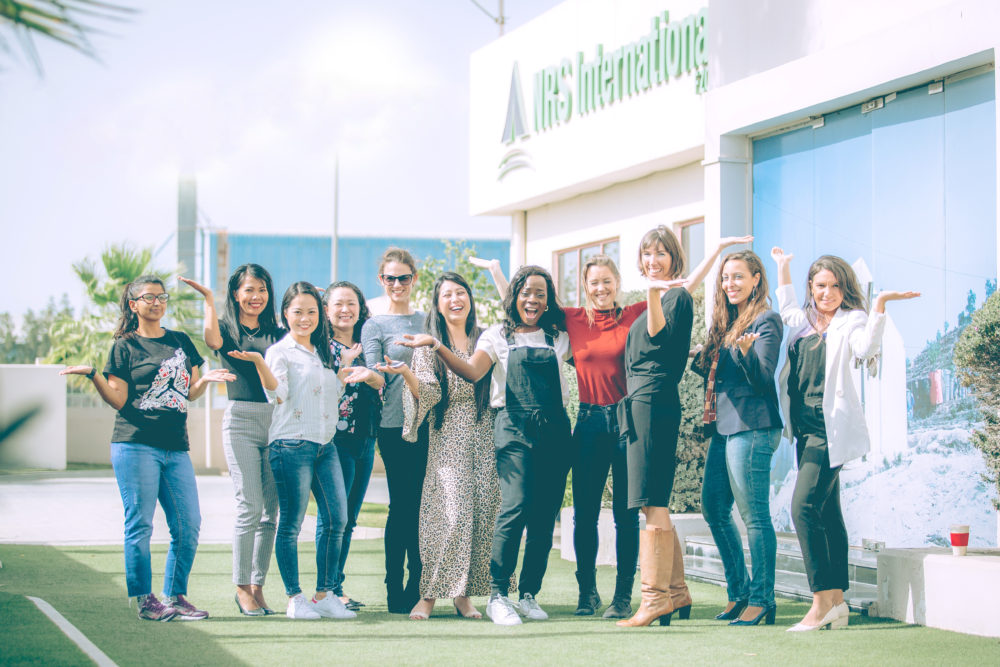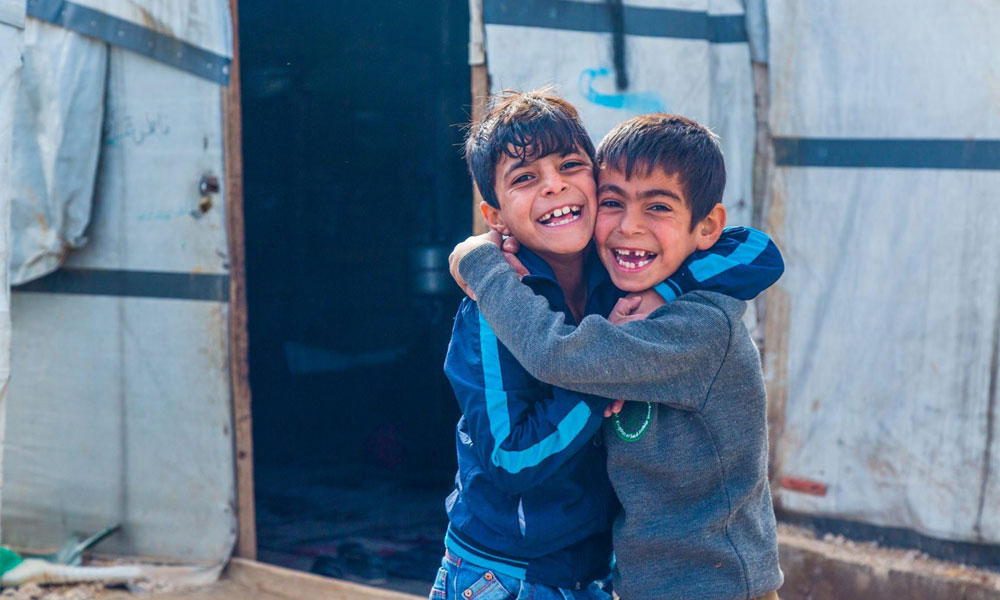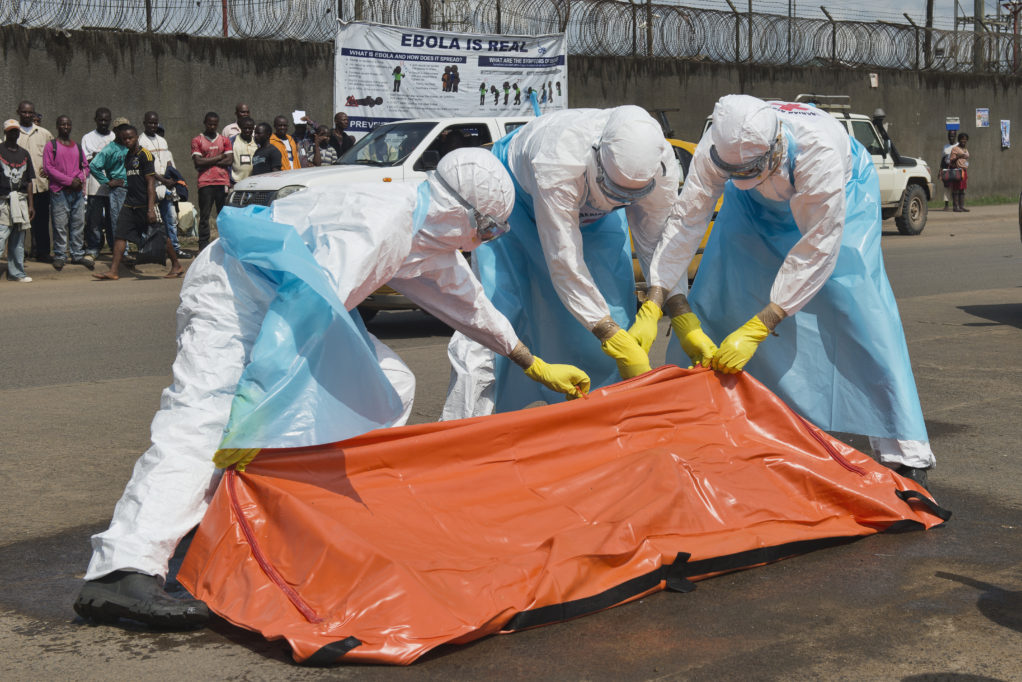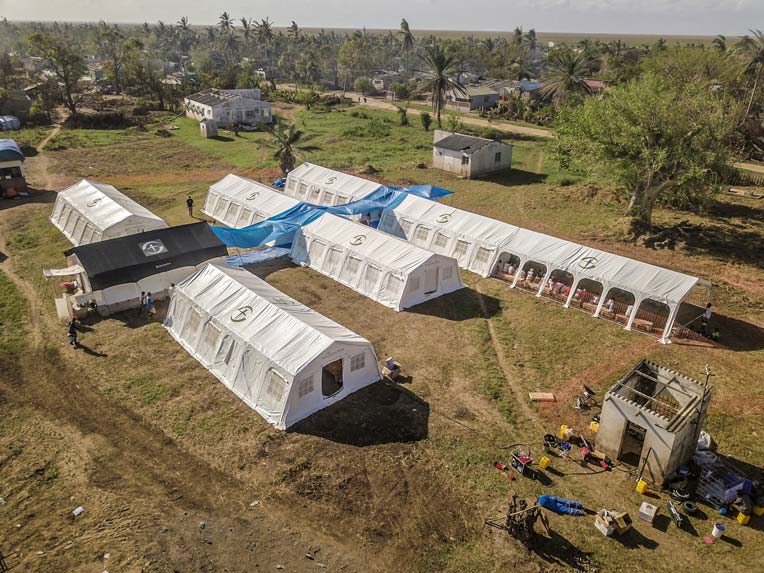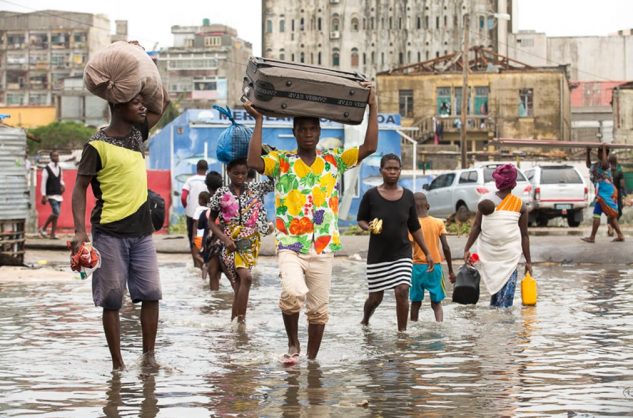Fighting cholera in Yemen: Safe and hygienic water containers needed to combat the outbreak
Yemen is in the grip of a cholera outbreak that is currently the worst in the world. In this blog, NRS Relief takes a closer look and examines how its Aquatainer jerry cans have an important role to play in combatting the disease.
War breeds disease
The conflict in Yemen has now been raging for two long years, and there is still little prospect of a resolution in the immediate future. Civilians living in the cross fire have been hardest hit, forced to witness the devastation of their neighbourhoods. In 2017, many Yemenis now have no access to fully functioning healthcare facilities, schools, or utilities. Food supplies are hard to come by and clean water is scarce.
Epidemic confirmed
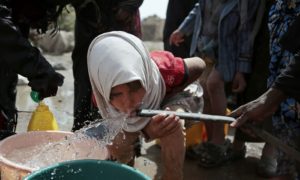 The lack of clean water, poor hygiene, malnutrition and limited healthcare have combined to create a breeding ground for cholera. An epidemic is now underway, and as of the end of July 2016, it is estimated that there have been 368,000 suspected cases and 1500 deaths. To put this in perspective, the number of cases in Yemen exceeds those of every other country on the planet combined. Children are particularly vulnerable and represent 40% of the total.
The lack of clean water, poor hygiene, malnutrition and limited healthcare have combined to create a breeding ground for cholera. An epidemic is now underway, and as of the end of July 2016, it is estimated that there have been 368,000 suspected cases and 1500 deaths. To put this in perspective, the number of cases in Yemen exceeds those of every other country on the planet combined. Children are particularly vulnerable and represent 40% of the total.
Cholera is caused by an infection of the Vibrio cholera bacteria, and manifests itself with symptoms such as severe diarrhoea, stomach cramps and vomiting. Multilateral agencies and non-governmental agencies are working hard on the ground to combat the cholera outbreak. Through a variety of strategies, the bacteria can be killed and the water made safe to drink. These include boiling, filtering and treatment with chlorine tablets. Only then can it be used for drinking, washing and cooking. However, once water has been treated it is vital that it is stored safely and hygienically
Safe water storage a must
In conflict zones such as Yemen it’s important that the jerry cans are rugged enough to survive tough environments. The Aquatainer is impact resistant and has been designed so that it can be dropped on hard, stony surfaces from a height of 2.5 m without any leakages. Furthermore, it can withstand low winter temperatures to -20C, and extreme summer highs of +50C.
The Aquatainer is lightweight and collapsible. That means that shipment is both easier and more cost efficient, and can even be air freighted in the most urgent situations such as Yemen. Currently, NRS Relief has more than 100,000 units of emergency stock in its Lahore warehouses, ready to be shipped at a moment’s notice.
Integrated approach key to defeating cholera
By adopting a coordinated and integrated approach to cholera, the disease can be defeated. Chorline tablets and filters are needed to ensure that water is treated and is safe to use. Jerry cans such as the Aquatainers must be used to store the water safely. And if the worst happens and a cholera infection occurs, a ready supply of IV fluid and oral rehydration sachets help with a speedy recovery.
With multilateral agencies, NGOs and the private sector acting together, the cholera outbreak in Yemen can be consigned to history.











